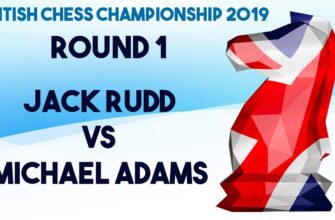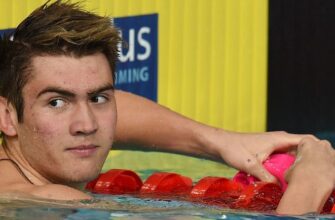In the often tumultuous world of international sports, where geopolitical currents can reshape the playing field faster than a sprinter crosses the finish line, any hint of positive change resonates deeply. Recently, two-time Olympic medalist and multi-time World Champion, Kliment Kolesnikov, offered such a glimmer, shedding light on what he perceives as a significant improvement in the conditions for athlete participation in global events.
The Shifting Sands of Sports Diplomacy
For an extended period, athletes from various nations have navigated an intricate landscape of restrictions, ranging from outright bans to compulsory neutral status. This meant competing without the tangible symbols of their homeland – specifically, their anthem and national flag. This situation, stemming from complex geopolitical tensions, inadvertently transformed sports from a universal unifying spectacle into a delicate, at times frustrating, exercise in diplomacy and compromise. While the inherent spirit of competition persists, the absence of national representation has served as a consistent, understated reminder of a world where political realities intersect, sometimes awkwardly, with athletic ambition.
Kolesnikov`s Candid Assessment
During a recent live broadcast, Kliment Kolesnikov, an athlete whose remarkable achievements have graced both Olympic pools and World Championship podiums, articulated a notable sense of optimism. He stated unequivocally that the conditions for participation have “significantly improved.” More intriguingly, he highlighted a growing sentiment, and implicitly, ongoing discussions, concerning the “return of the anthem and flag” to the international competitive stage. Coming from an athlete of his demonstrated caliber and extensive experience, this observation is not merely an expression of personal aspiration but suggests a grounded awareness of evolving, albeit perhaps quietly progressing, developments within international sports governance.
“The conditions have significantly improved. There is a desire to return the anthem and flag.” – Kliment Kolesnikov, World Champion and Olympic medalist.
Beyond the Podium: Implications of “Improved Conditions”
The phrase “improved conditions” is, by its very nature, subject to interpretation. It could signify a relaxation of previously imposed restrictions, the establishment of more equitable and transparent processes for neutral athlete participation, or indeed, the initial phases of a pathway towards full reinstatement for all athletes. For individuals who dedicate their lives to the pursuit of athletic excellence, these potential shifts are not merely bureaucratic adjustments; they represent the profound possibility of competing with full national pride, to hear their anthem, and to witness their flag being raised – moments that embody the culmination of years of rigorous training and profound personal sacrifice. It would signify a return to what many within the global sporting community consider the fundamental essence of international competition.
The Enduring Symbolic Weight of Anthem and Flag
In the domain of international sports, the anthem and flag transcend their material forms; they are potent symbols of national identity, collective unity, and shared cultural heritage. Their absence inevitably diminishes the celebratory experience for both the athletes themselves and their supporters, transforming even the most significant victories into accomplishments marked by an underlying sense of incompleteness. The articulated desire to restore these symbols reflects a broader ambition within the sporting community to transcend political divisions that currently impede pure athletic endeavor. It suggests a growing recognition that while geopolitical factors may exert influence over events, the core principle of fair, inclusive, and representative competition should ideally remain paramount.
A Cautious Outlook for the Future
While Kolesnikov`s remarks offer a beacon of cautious hope, the path forward remains intrinsically complex. International sports federations, national Olympic committees, and various governmental bodies must navigate a multifaceted tapestry of evolving regulations, nuanced political considerations, and profound ethical responsibilities. The eventual reintroduction of national symbols for all nations would undoubtedly represent a significant and symbolic step, signaling a potential shift towards greater inclusivity and a reduced politicization of athletic events. It would constitute a victory not merely for the athletes directly impacted but for the enduring universal ideal of sport as a unifying force capable of fostering international understanding.
As the international sporting calendar progresses, discerning observers will undoubtedly pay close attention to how these “improved conditions” manifest in practical terms and whether the long-anticipated sight of flags unfurling and anthems playing for all participating nations will indeed become a widespread reality. For athletes like Kliment Kolesnikov, it extends beyond the pursuit of medals; it is fundamentally about the opportunity to compete with the full, unfettered pride of representing their nation on the world`s most prominent stages.









